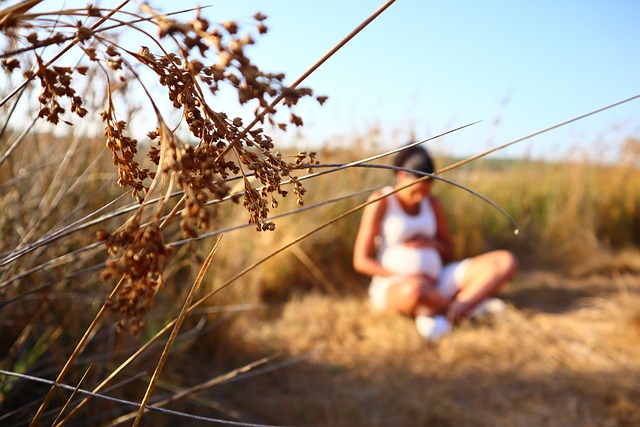As I made my way to the doctor’s office, my anxiety was palpable. This was my fourth visit in five years, a follow-up regarding my recent miscarriage. I felt an overwhelming sense of dread about seeing Dr. Smith, my ob/gyn. Despite attempts at deep breathing and positive affirmations, fear and worry consumed me. The appointment might reveal the reason for my loss, and that thought was terrifying.
Why Was I So Apprehensive?
Deep down, I was convinced it was my fault. I feared that my upcoming discussion with the doctor would validate my worst fear: that I was responsible for the loss of our baby.
Just six weeks prior, my husband and I had been filled with hope during our 12-week ultrasound. Only a month earlier, we had seen our baby with a strong heartbeat, blissfully anticipating the confirmation of our child’s healthy development. Instead, we received the devastating news that the baby had stopped growing at 10 weeks. We had lost our fourth precious angel.
Calculating the Timeline of Events
In the aftermath of the shock, I found myself calculating the timeline of events. Had I inadvertently caused this tragedy?
- At 10 weeks, I had gone on a girls’ trip to New York City with my sister and mother. Could something I did there have led to this loss?
- Was it the soft mozzarella I indulged in at that charming Italian restaurant? It was delicious, but perhaps not pasteurized.
- What about the fact that I walked an average of 6 miles a day? My body wasn’t accustomed to such exertion.
- Could it have been that tiny sip of wine my sister convinced me to try? I should have known better.
- Or was it the flight? My circulation issues require me to take baby aspirin during pregnancy—had flying interrupted the blood flow necessary for the baby?
- Had I consumed too much caffeine? I tried to limit it to 200 mg, but maybe I miscalculated.
In my heart, I believed the loss was entirely my fault. It had to be. After already experiencing three losses, I had foolishly thought that since my two daughters, Lily and Emma, had been born healthy, my struggles were behind me. It felt like I was gambling with a baby’s life every time I became pregnant.
The Appointment
After a short wait in the reception area, I was called back by Dr. Smith’s nurse, Sarah. She expressed her condolences over my loss and took my blood pressure—148/98. Normally, it’s around 110/70, which was alarming. I needed to calm down.
As I sat waiting for the doctor, I focused on taking deep breaths and tried to convince myself that I wasn’t to blame for my baby’s death. I reminded myself that first-trimester miscarriages are common, and that it’s a miracle when a baby makes it to term. Ultimately, I realized that no matter the cause, I couldn’t change what had already happened. All I could do was wait for my doctor’s insights.
Dr. Smith’s Insights
When Dr. Smith entered the room, she greeted me with a warm hug. She had been with me through every loss and had always offered hope. After sitting down, she shared the results from the genetic testing on the fetus.
“Your baby was a girl,” she said.
In that moment, I felt a mix of surprise and relief, as I had instinctively known she was a girl since I was five weeks along. “It seems there were some extra chromosomes present,” she explained. “While it’s unclear if these were part of the baby or the placenta, the markers suggest it was likely the baby. Specifically, there was an extra chromosome 21, which is associated with Down syndrome.”
A wave of relief washed over me; I could finally stop blaming myself. There had been something fundamentally wrong with the baby from the start. Dr. Smith further reassured me that the chances of this happening again were low, despite my age. I shared my and my husband’s hopes of trying for another child, to which she smiled and encouraged me to call her the moment I received a positive pregnancy test.
Holding Onto Hope
Even though a part of me still fears another loss if I become pregnant again, I hold onto hope. At 42, the odds are not in my favor, but I choose to focus on the love I share with my husband and our daughters, Lily and Emma.
If you’re interested in further reading about home insemination, check out this resource on artificial insemination kits. Additionally, you might find helpful information on pregnancy at WomensHealth.gov, and for those considering names, take a look at our blog on Russian baby girl names.
Conclusion
In summary, dealing with the emotional aftermath of a miscarriage can be overwhelming, especially when self-blame sets in. Understanding that there are often factors beyond our control can help ease the burden of guilt. It’s essential to focus on hope and the support of loved ones as you navigate this difficult journey.

